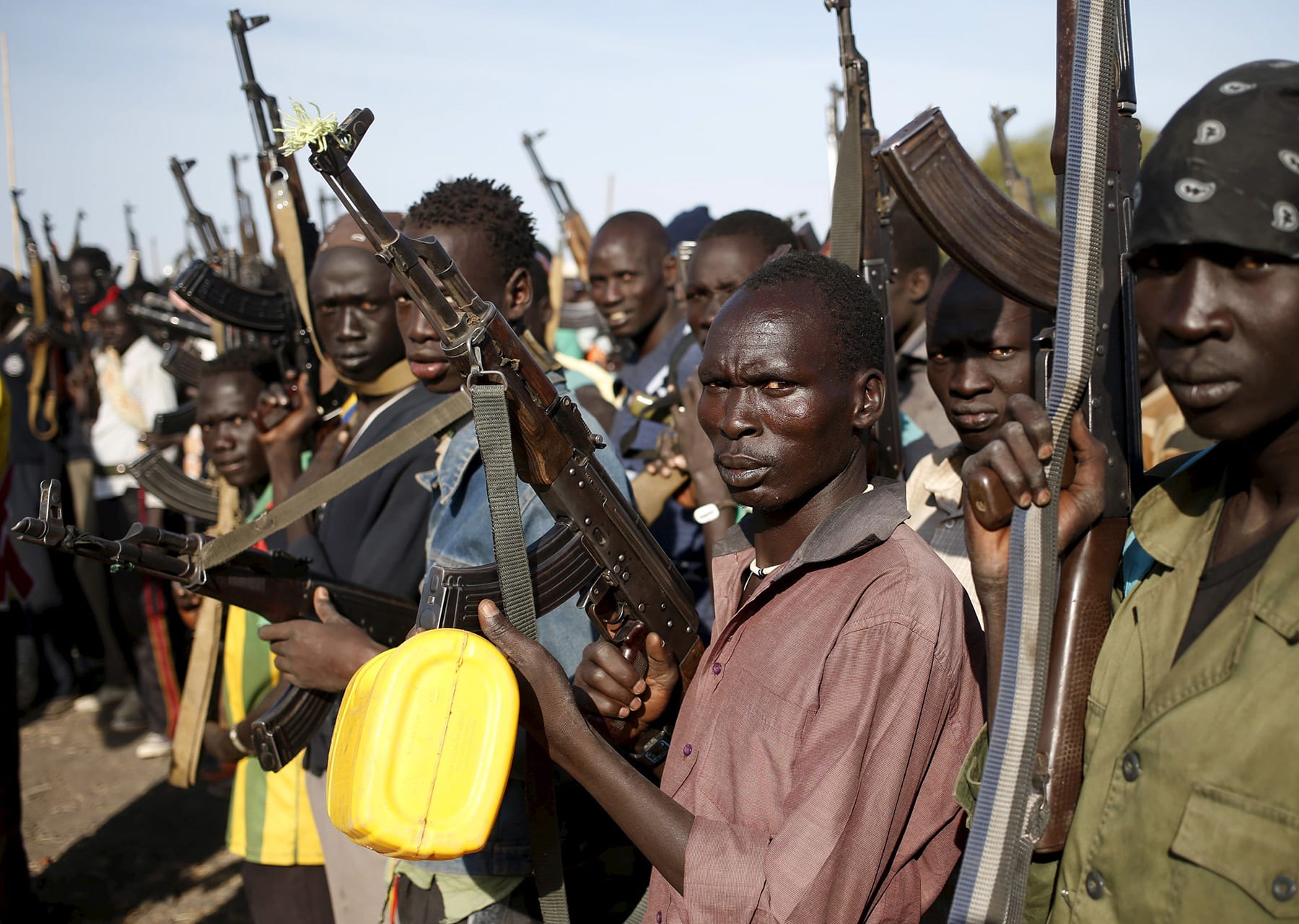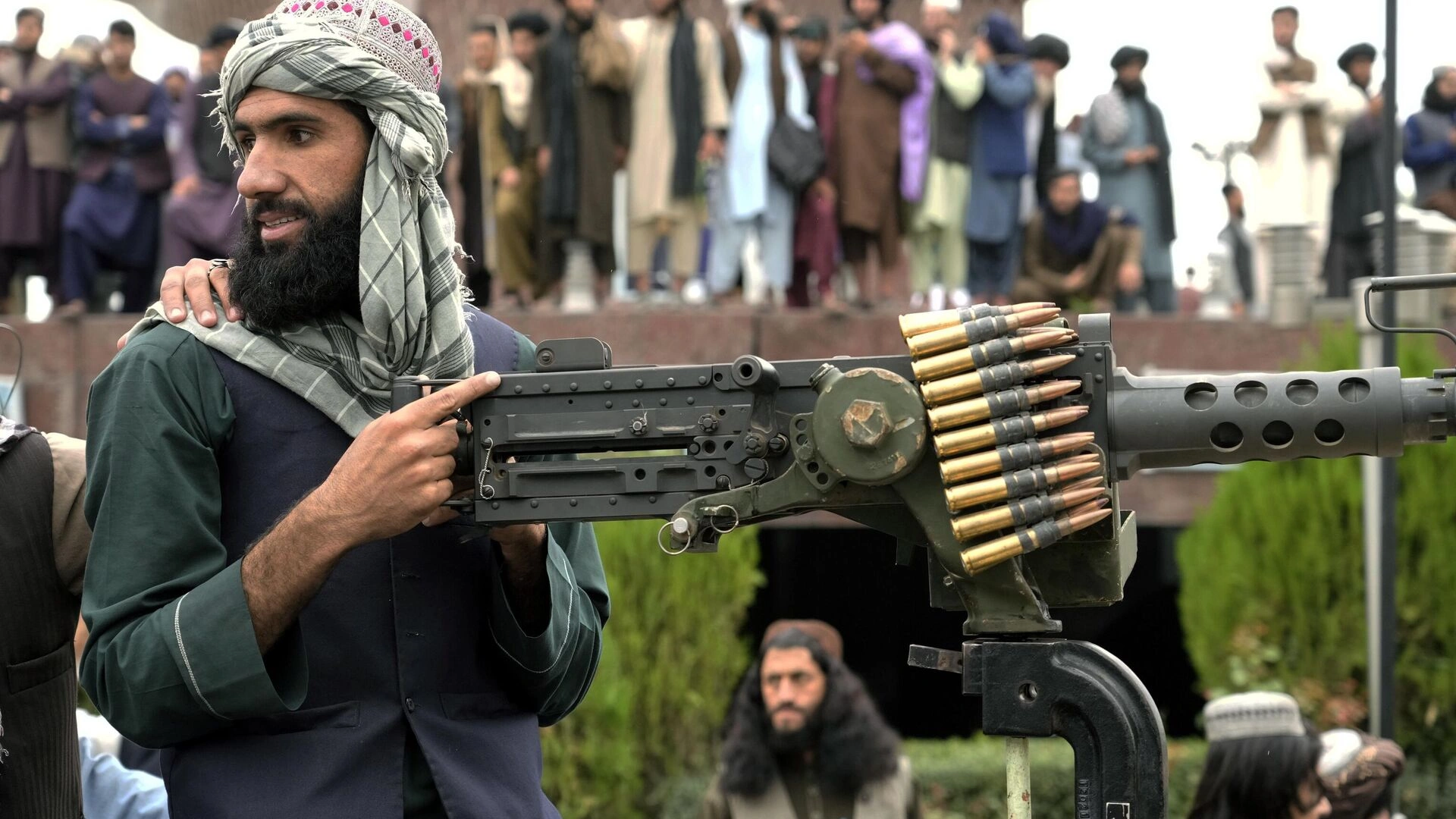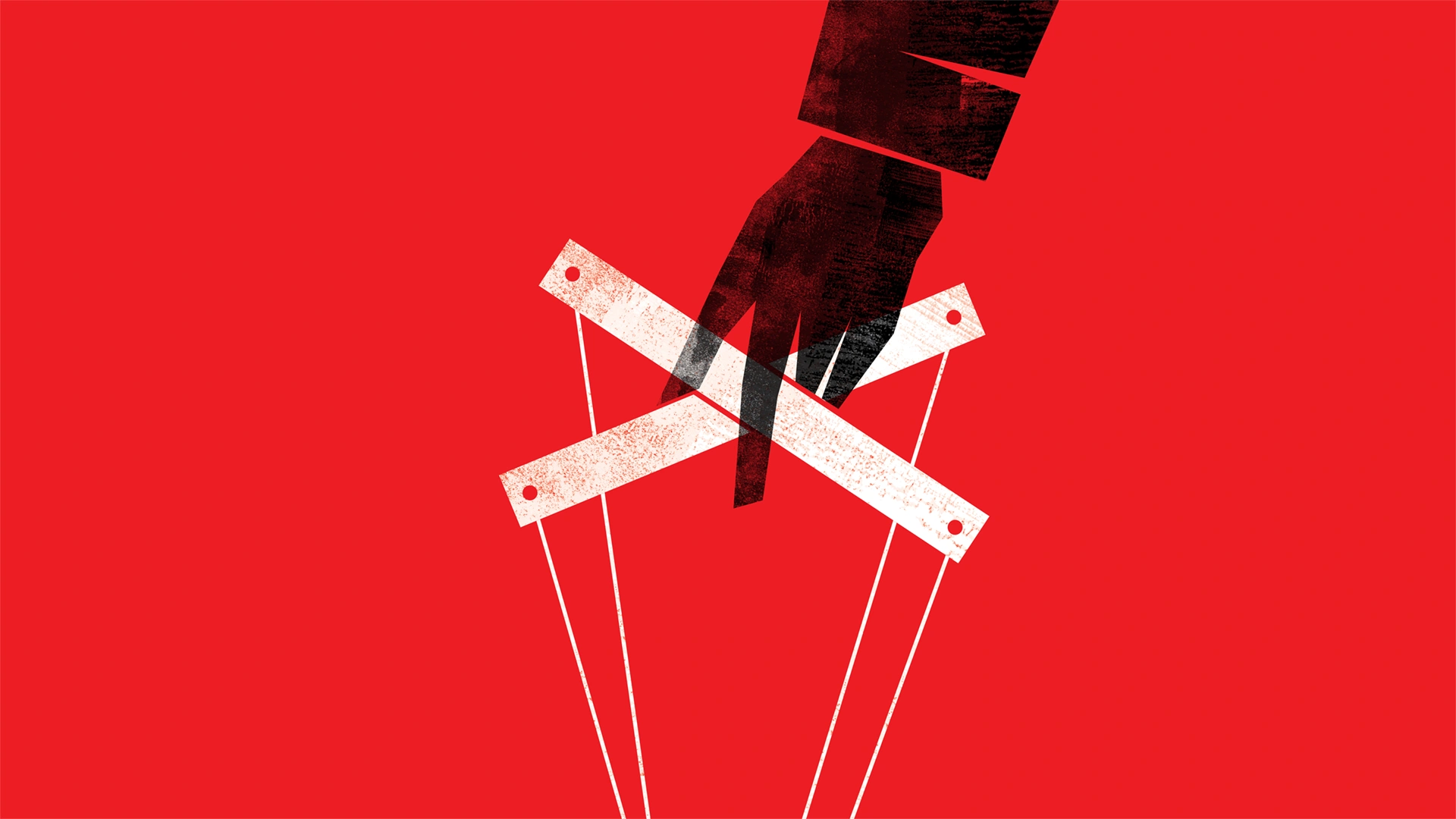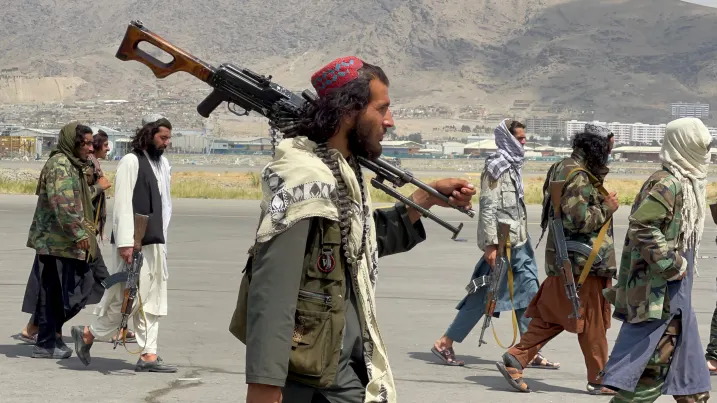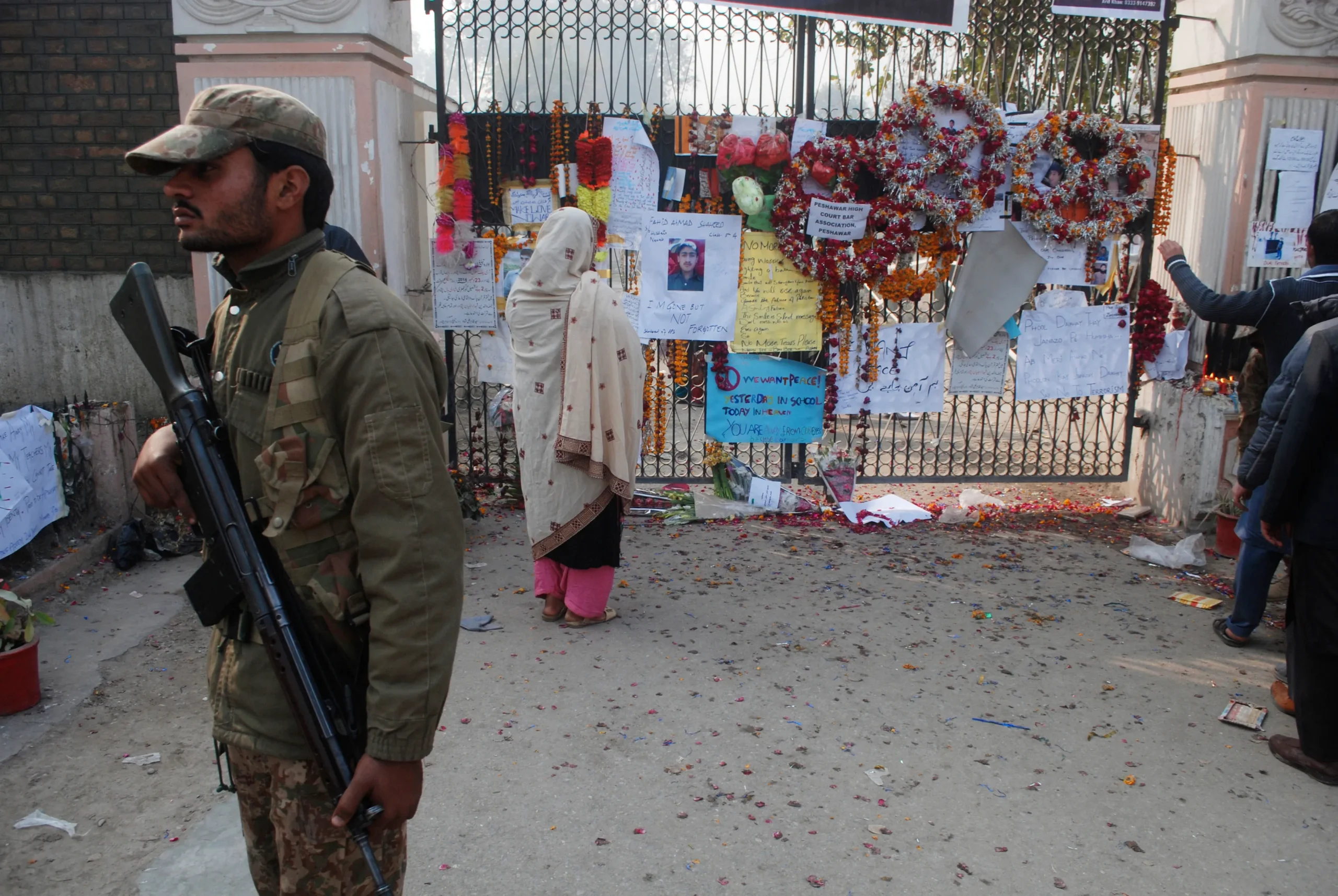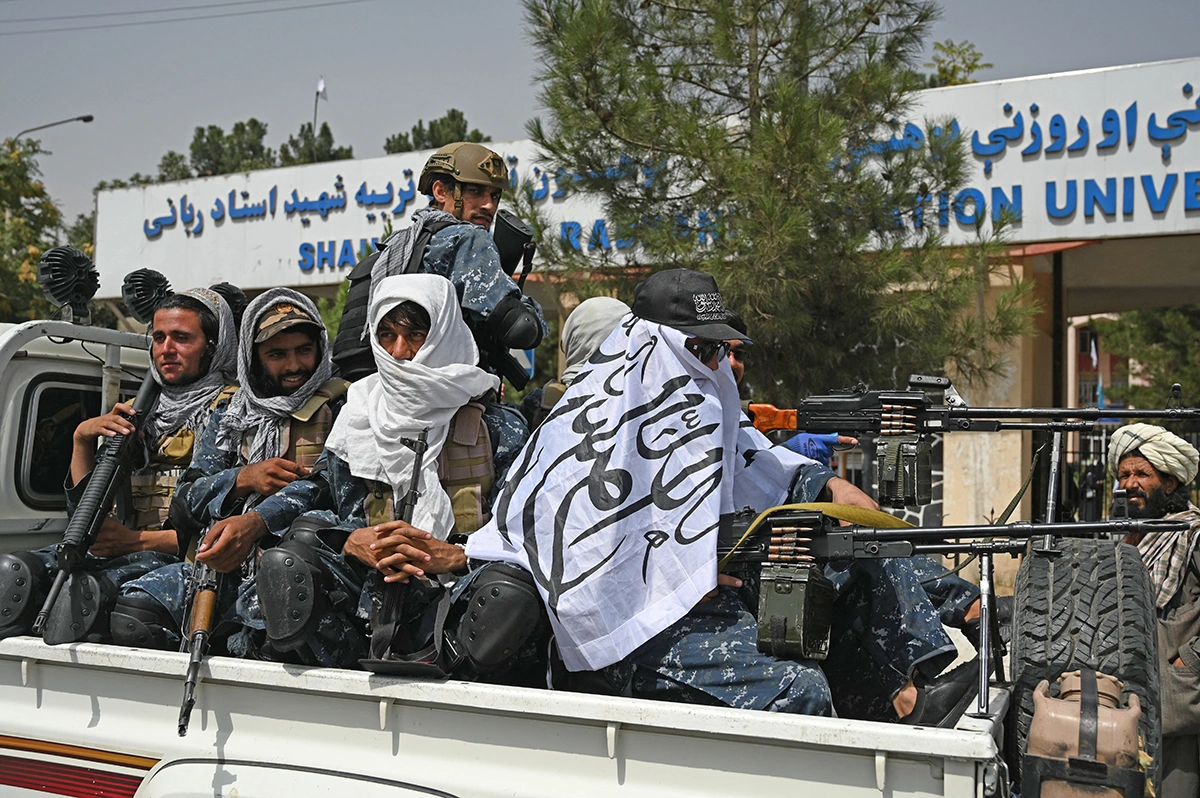
How APS Redefined Pakistan’s Strategic Culture
APS was the moment Pakistan’s long-standing ambiguity on militancy collapsed. The murder of schoolchildren forced an organic securitization of terrorism, enabling extraordinary measures and a redefinition of the militant as an existential, illegitimate enemy.


